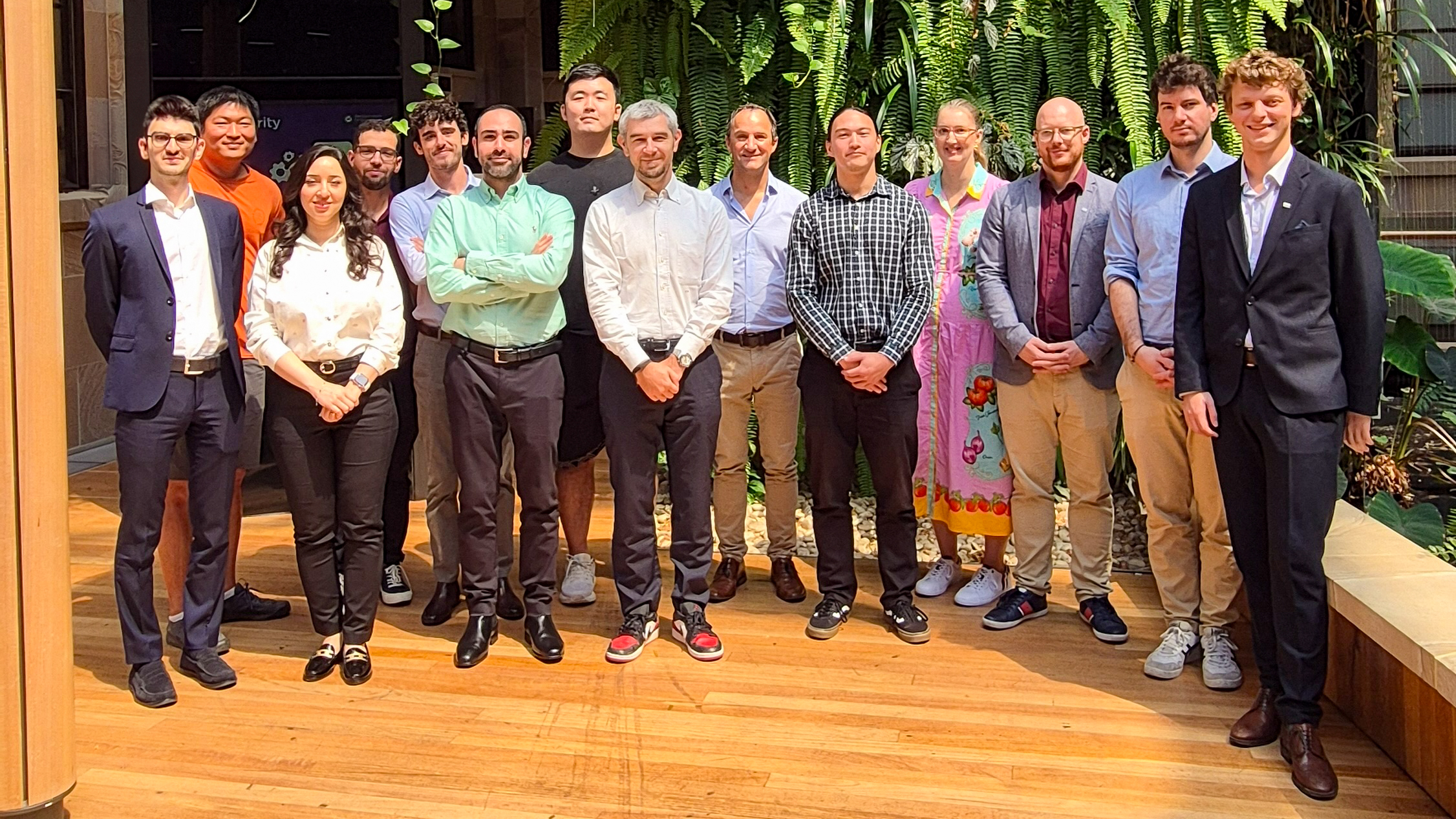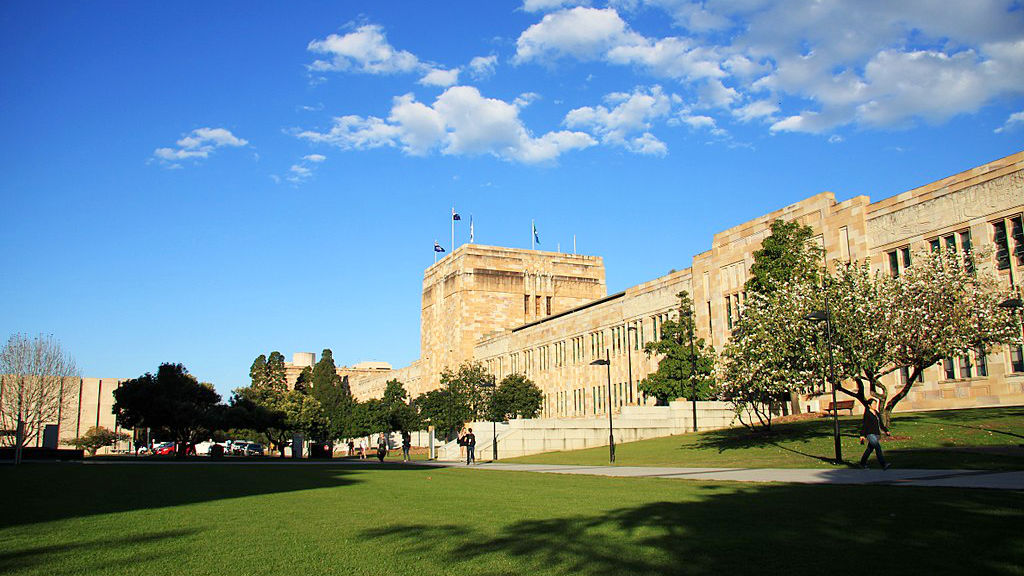Australia: Harvesting Success and Planting New Seeds
"What unites the University of Zurich and the University of Queensland is a common commitment to excellent research, based on curiosity and collaboration driven by you—our researchers and students," said Michael Schaepman, President of UZH, in his welcoming address to the first symposium organized by the two institutions in Brisbane, Australia, last week. Through partnerships with universities worldwide, UZH conducts impactful research, fosters innovation, tackles complex global challenges, and further strengthens internationalization in teaching.

Internationally Connected: A Strategic Priority
The University of Zurich (UZH) and the University of Queensland (UQ), both members of the global network Universitas 21, formalized their strategic partnership in 2021. Since then, they have deepened collaboration through joint research and teaching projects, mobility formats for students and early-career researchers, and initiatives with lasting societal impact. Last week, the UQ-UZH partnership was celebrated at a symposium in Brisbane, followed by an event in Sydney, organized by the Swiss Embassy and the Consulate General. At the event in Sydney, sector leaders explored how both nations can deepen collaboration on shared challenges, including sustainable innovation, health, digital transformation, and resilient research ecosystems.
From Local Studies to Global Impact
At the joint UQ-UZH symposium in Brisbane, academics explored how the collaboration between the two universities has amplified their work in healthy longevity, pediatrics, criminal law, agriculture, and big data and AI, as well as in newer areas of collaboration such as LGBTIQ+ health and provenance history.
UZH social psychology researchers Tabea Hässler and Léïla Eisner, with their UQ collaborator Fiona Barlow, Professor of Psychology, are investigating how to promote LGBTQIA+ health and wellbeing worldwide. "The current heavy focus [of collected data] on Western countries limits our scientific understanding," said Hässler. What began as a local research project evolved into a Swiss-Australian collaboration that scaled into a global project uniting 110 scholars across more than 70 countries, including perspectives from the Global South.
UZH professor of global history Martin Dusinberre, together with UQ Anthropology Museum Director Michael Aird and Curator Mandana Mapar, explored the potential for collaborative provenance research on cultural objects from Australia's First Peoples. "While some clues may be found in archives and museum paperwork, close collaboration with source communities is essential for a complete picture," said Dusinberre. Addressing universities' civic duty to examine how their collections were formed, their work would trace the journey of such objects, including those in UZH's collections.
Fostering Future Collaboration
Early-career researchers in law, psychology, computer science, and pediatrics joined the symposium and pitched their research alongside their UQ collaborators. One of the highlights of the symposium was the public lecture by Gabriela Morgensthern, PhD candidate at the University of Zurich, who introduced her work on a toolbox for human-AI collaboration in the context of lifespan health analysis. Her work is an integral part of the close collaboration between UQ and UZH to drive innovation in the field of healthy longevity.
Building on this spirit of fostering future collaboration, the long-standing joint teaching initiative in transnational organized crime exemplifies how UZH and UQ translate academic cooperation into innovative learning opportunities. The module, developed together with UQ and the University of Vienna and, more recently, joined by the Universities of Ferrara and Cologne, offers students an interdisciplinary and international perspective on global crime networks. Its success sparked lively discussions at the symposium, inspiring participants from other disciplines to explore similar collaborative teaching formats.
As host of the Leading House Asia Pacific, mandated by the State Secretariat for Education, Research and Innovation (SERI), UZH is advancing Switzerland’s engagement in scientific collaboration with partners across the region. For the first time, the mandate of the Leading House includes Australia, reflecting its status as one of Switzerland's top global research partners. Through this role, UZH will continue to nurture and expand researcher-led initiatives and deepen bilateral and regional connections by providing seed funding for collaborative research and mobility schemes, while facilitating outreach events and stakeholder engagement.
Read the full article on the events in Australia onUZH News.
Aspasia Daskalopoulou






